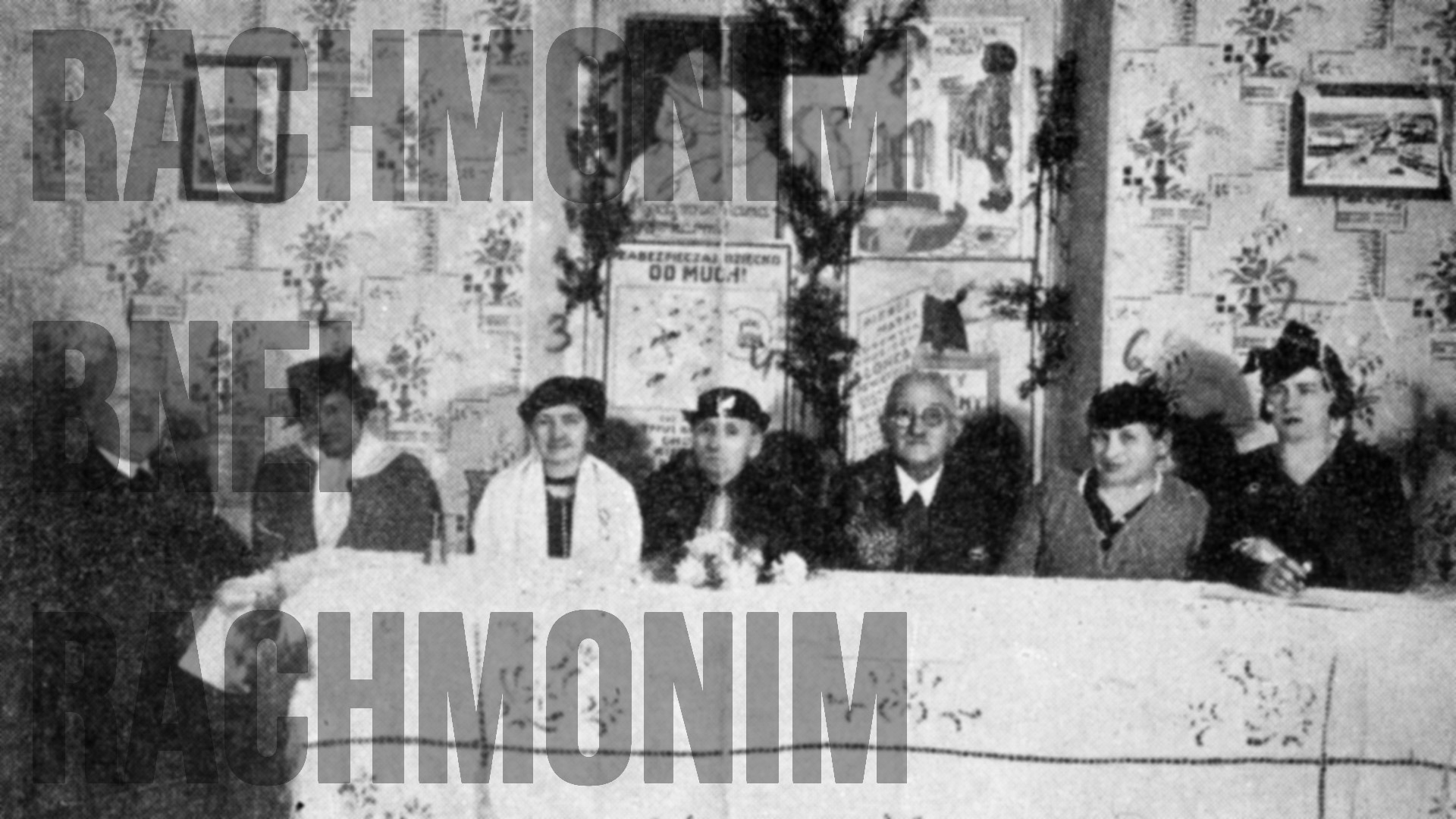The program of fighting infant mortality was first developed by the French professor of obstetrics Pierre Budin (1846-1907), one of the fathers of neonatology, who in 1892 established the so-called “Consultations de nourrissons” – an institution, the task of which was to constantly care for babies born in hospitals and in which mothers were provided with advice on feeding and care. The activities of the institution were extended to the distribution of sterilized milk to those mothers who had too little breast milk and those who were completely unable to feed their children. Similar institutions began to appear at other maternity clinics in Paris, at children’s hospitals in France and Germany. At the same time, the ‘Goutte de lait’ (‘A drop of milk’) institutions began to be established, initially also in France, to provide mothers with sterilized milk – it was assumed that contaminated milk was one of the most important causes of mortality in artificially fed infants. The first “Goutte de lait” was established in France in 1894 on the initiative of Dr. Léon Dufour.
The founders of the “Drop of Milk” Jewish Society for the Care of Mothers and Children in Płock were Bronisława Golde, Dr. Zofia Paperna and Matylda Sachs. The seat of the board of the Society, which included Franciszka Blay, Paulina Altberg, Maria Szenwic, Ludwika Lipszyc, Róża Szyf, Teofila Kempner, Franciszka Luszyńska and Sara Szenwic, was located in the real estate of the Jewish community at Zduńska Street. The task of the Society was to help poor mothers (by providing them with the necessary underwear, food, providing medical assistance, if necessary supporting them with cash) and babies (providing food, clothes and shoes). The Society functioned thanks to monthly contributions, charity events and small donations, a subsidy from the Jewish community and financial support from the Municipality of Płock.
In October 1917, the Society had approximately 200 members. In 1918, “Drop of Milk” gave the needy 19,732.5 liters of milk, 1,360 pounds of sugar, 1,153 pounds of farina, 1,287.5 pounds of spelt groat, 95.5 pounds of oatmeal, 265 pounds of wheat flour, 35.5 pounds of matzo flour. On average, 100 children received milk every day, 7 children were aided by wet nurses during the year, and 22 mothers were provided with support. The income of the Society in 1918 amounted to 26,859.22 marks and the expense was exactly the same.
In 1920, the income of the Society was 427,072 marks, and the expenditure was 430,587 marks. The needy were given 18,895 liters of milk, 2,964.5 pounds of sugar, 64 pounds of salt, 6,320 pounds of flour, 3,380 pounds of potatoes, 338 pounds of matzo, 3,789 pounds of white bread, 2,988.5 liters of oil, 3,423 pounds of beans, 1,448.5 pounds of rice, 655.5 pounds of soap, 137 pieces of underwear for babies, 19 pieces of underwear for mothers, 200 shirts, 141 baby clothes, 79 dresses and 163 winter coats for children from 6 to 15 years of age. Issued were also 119,735 breakfasts, 83,256 dinners, 35,046 lunches and 35,130 snacks. On average, 726 people used the care per day. During the year, support was provided to 1,073 children, 64 breastfeeding women and 24 mothers.
Franciszka Blay was the coordinator of the work of “Drop of Milk” as well as the chairwoman of the board of the Society. At the beginning of 1922, Maria Szenwic took over her duties.
In the light of the cash report for 1929, the sources of the Society’s income were monthly contributions (1,250 zlotys in total), revenues from organized charity events and small donations (375 zlotys), a subsidy from the Jewish community (300 zlotys) and a subsidy of the Municipality of Płock (500 zlotys) . The largest amount of money in the Society’s activities was spent on helping infants (3,600 zlotys), then women in childbed and newborns (762 zlotys), medical assistance and medications in the reporting year cost – 200 zlotys, and fuel costs for mothers in childbed – 100 zlotys.
Franciszka Blay was born on January 4, 1876 in Warsaw, in the family of Roman Bernsztejn and his wife Regina née Kon, Her first husband was Rudolf Oberfeld, with whom she had four children: daughters Maria and Aniela and sons Jan and Józef. Franciszka’s second husband was Alfred Blay. Franciszka was a teacher and a social activist known in Płock: president of the “Drop of Milk” Society for the Protection of Poor Mothers and Children at the Jewish Charity Society, a member of the Society for the Protection of Jewish Children in Płock (a guardian of a shelter for homeless children operating at the Society) and the initiator of the establishment of Płock branch of the University for All. Franciszka also supported financially the Jewish Charity Society and the summer camp committee operating at the society.
An important role was also played by the section for distributing clothes and shoes to schoolchildren at the Jewish Charity Society, chaired by Paulina Altberg. The section did not operate continuously, but occasionally and when possible, supported by subsidies from the Jewish community, the Municipality of Płock, the Płock Aid Committee in New York and individual donations. According to the report for the fourth quarter of 1921, the section distributed 220 pairs of shoes and 200 pairs of stockings, 100 pairs of light shoes, 210 coats, 240 clothes, 100 dresses and 300 shirts to the Jewish children of the town of Płock, with a total value of 878,800 marks.
